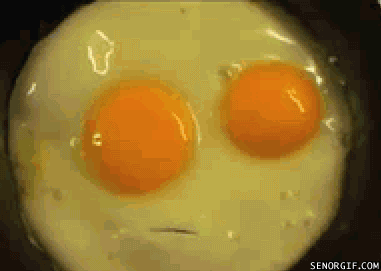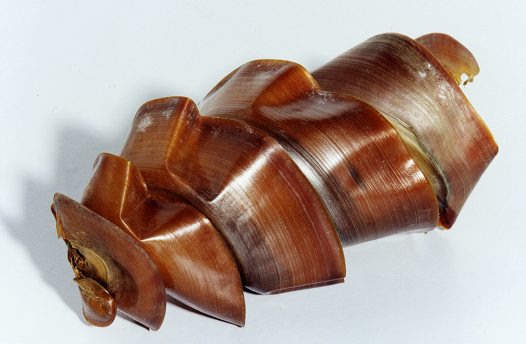Eggs are pretty amazing when you think about it. Fried, scrambled, poached or chocolate – they’re all good. Not only are they tasty, they’re also life givers. Just like the delicious chicken variety, you were born from a humble egg. But while you know that eggs are how we and other animals are born, and that they taste good with a side of smoked salmon, here are five things you probably didn’t know about eggs.
1. Eggs are used to make vaccines
As we head into flu season you might have lined up recently at work or your local GP to get an immunisation jab. And you might have left wondering why you were asked if you had an egg allergy. Well the reason is that eggs are used in the production of some vaccines including the influenza vaccine and the measles-mumps-rubella (MMR) vaccine. The MMR vaccine is generally safe for people with an egg allergy but the flu vaccine can sometimes contain egg proteins. It’s always best to check with your healthcare professional if you have any allergies. So, why are eggs used to create vaccines? Well, viruses can’t reproduce on their own. They need to infect a cell and tell the genetic material in the cell to make new viruses. Within the egg, the virus grows and then the virus is isolated, purified and tested.
2. It’s ok to eat eggs every day
Eggs have had a bad rap in the past, with their reputation of being delicious yet high in cholesterol. But our recent research on egg consumption points to eggs being safe to eat on a daily basis. We conducted a range of research, both in clinical trials and in a survey of more than 84,000 Australians, and found that in fact egg consumption is actually linked to a number of positive health outcomes. They found that those of us who eat the most eggs tend to have a better diet quality overall. This could be because they are full of protein which fills you up and stops you from snacking during the day, especially if you tuck into them at breaky. More modern and comprehensive studies show conclusively there's no relationship between egg consumption and cardiovascular mortality. The fact is eggs are full of good fats and healthy vitamins and minerals. So swap that choccie egg for a chicken egg!

3. We’re working on an allergen-free egg
Our scientists have been working with Deakin University to develop an egg that doesn’t cause allergic reactions, and it’s all about changing the chicken. Eggs are the second most common cause of food allergy in children and while some grow out of it, others will continue to be allergic into adulthood. The proteins in the egg have been identified as the likely cause of allergic reactions. So the researchers created synthetic versions of all four egg white proteins in the lab and switched off the allergenic response in one protein, which is responsible for the majority of allergies. The ultimate aim is to modify the proteins in egg whites to produce chickens that lay allergy-free eggs but this research is still ongoing.
4. Eggs are sometimes used in wine making
When you pour yourself a glass of wine it’s nice and clear and free from sediment and you could have eggs to thank for that. After the fermentation process, if a bottle of wine is left to sit for long enough, all the particles previously suspended in the liquid, will eventually sink to the bottom thanks to our old friend gravity. The particles are generally sediment like yeast cells or bits of grape. To speed up this process, wine makers used to use egg whites to help clarify the wine. These days, wine is usually filtered with filtering pads or membranes. But egg whites are still used by some winemakers for removing tannins giving the wine more a more round and soft texture.

5. Not all eggs are ‘egg-shaped’
If you were asked what animals lay eggs, chances are your mind automatically jumps to birds. In reality, there are lots of other vertebrate animals that also lay eggs; from reptiles, to sea creatures and even some mammals. And just as different species of animals look different from each other, so too are their sounds, nests and even eggs. For birds their egg shape is determined by a number of inter-related factors ranging from the bird’s natural history through to the shape and size of its pelvis. However, not all animal eggs take on the familiar shape of the chicken’s egg – they can be spherical, oval, long and elliptical and some not even egg-shaped in the slightest.

